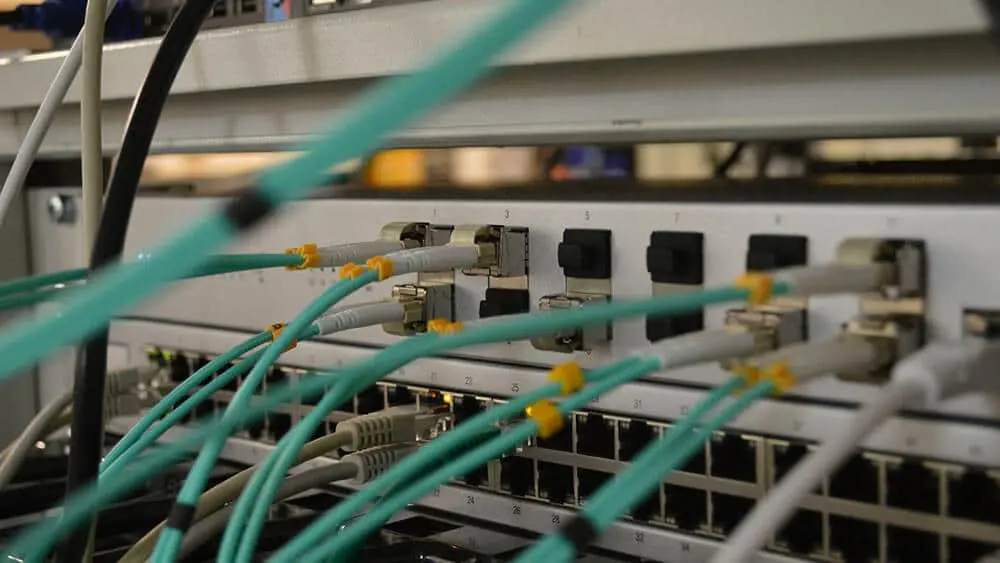In today’s rapidly advancing technological landscape, connectivity is key. Industrial environments, in particular, rely heavily on a robust network infrastructure to ensure seamless operations and efficient communication between machines, devices, and employees. Choosing the right network switch for industrial environments is crucial to optimizing connectivity and maximizing productivity.
Industrial environments present unique challenges when it comes to networking. These environments are often harsh, with temperature fluctuations, dust, vibration, and electromagnetic interference posing a threat to network equipment. Therefore, it is essential to select a network switch that is specifically designed to withstand these conditions and ensure reliable performance in the face of adversity.
One of the key factors to consider when choosing a network switch for industrial environments is industrial-grade construction. Industrial-grade network switches are built to withstand harsh conditions and are typically housed in rugged, IP-rated enclosures that protect them from dust, moisture, and other environmental factors. These switches are also designed to operate within a wide temperature range, ensuring that they can withstand extreme heat or cold without compromising performance.
In addition to industrial-grade construction, it is important to consider the reliability and durability of the network switch. A reliable switch will have a high mean time between failures (MTBF), minimizing the risk of downtime and ensuring continuous operation in critical industrial applications. Look for switches that are certified to industry standards such as IEC 61850-3 and IEEE 1613, which ensure that the switch can withstand electrical disturbances and environmental hazards commonly found in industrial environments.
Another important consideration when choosing a network switch for industrial environments is the number of ports and the speed of the switch. Industrial applications often require a high number of ports to connect multiple devices and machines, so it is important to choose a switch with enough ports to accommodate your specific needs. In addition, the speed of the switch is crucial in ensuring fast and reliable communication between devices. Gigabit Ethernet switches are commonly used in industrial environments to provide high-speed connectivity and support bandwidth-intensive applications.
Moreover, it is essential to consider the manageability and security features of the network switch. Industrial networks often require advanced management capabilities, such as VLAN support, Quality of Service (QoS) prioritization, and port mirroring, to optimize network performance and ensure efficient traffic flow. Additionally, security is a major concern in industrial environments, as cyber threats can pose a significant risk to critical infrastructure. Look for network switches that offer advanced security features, such as port security, Access Control Lists (ACLs), and secure remote management, to protect your network from unauthorized access and cyber attacks.
When selecting a network switch for industrial environments, it is also important to consider the scalability and future-proofing of the switch. Industrial applications are constantly evolving, with new technologies and devices being introduced regularly. Therefore, it is important to choose a switch that can support future growth and expansion without the need for costly upgrades or replacements. Look for switches that offer modular design, hot-swappable components, and support for emerging technologies such as Power over Ethernet (PoE) and Industrial Internet of Things (IIoT) to ensure long-term compatibility and scalability.
In conclusion, optimizing connectivity in industrial environments requires a careful consideration of factors such as industrial-grade construction, reliability, speed, manageability, security, scalability, and future-proofing. By choosing the right network switch that meets these criteria, industrial companies can ensure seamless operations, efficient communication, and maximum productivity in their day-to-day operations.



